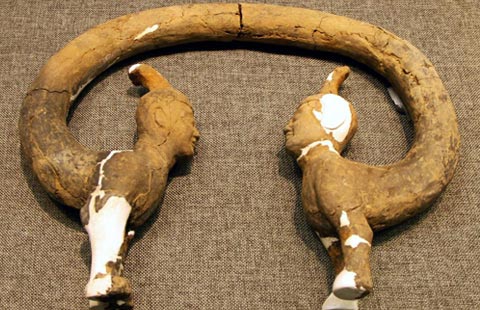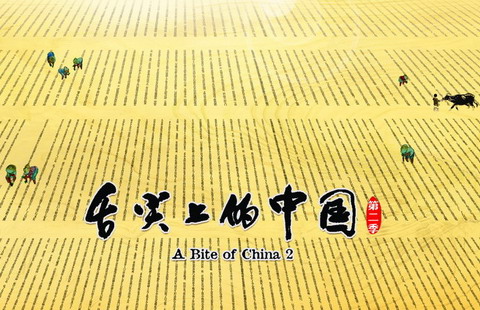Life training for death
By Zhang Lei ( China Daily ) Updated: 2014-04-20 17:14:08"I don't have answers about death," Wang says.
"Death doesn't provide anything that reveals its full self to us. All we have are narratives about our own deaths that are worth discussing. I hope everyone can discover their own value and make peace with death."
Wang explained there are three medical philosophy categories-death, technology and doctor studies. Medical students should be trained to develop philosophical reflections. They work on the front lines between life and death every day.
Doctors should know more than medical procedures. They should possess a deep understanding of life, he believes.
According to this logic, a component of his death outlook is understanding modernity's negative impact on life and death. Technology is not the panacea to death, he contends.
"Advanced medical technology brings risks and costs patients a lot," Wang says.
"I want to teach students they should seek beyond technology and love patients. Today, most of the doctors have blind faith in technology. This doctrine brings indifference and bias toward patents' suffering and true feelings. But doctors should go beyond that and revere virtue. The profession needs to return to altruism."
Wang teaches different levels of death philosophy to different students. To PhD students, he teaches 16 lessons for the entire course. Every student has to at least write a report on one of his recommended books on death issues to develop their individual understandings.
Students who've witnessed relatives' deaths are required to record their true feelings. Those who've already undertaken clinical trials are taught to how to say the right words to a departing patient and relatives.
He doesn't restrict students' topics.
"I ask my students how they feel about suicide-do they think it's selfish or cowardly? But, actually, if a person finally decides to throw his life away, he must overcome cowardice because dying requires more courage than living. This is not to condone such behavior. But such tragedies happen more when people are reluctant to talk about it."
By citing the most vivid life-and-death stories, such as Steve Jobs' and Leslie Cheung's, he hopes the pursuit of life-and-death awareness can help doctors ponder life's meaning and extend beyond a myopic focus on technology to also think about love.
"One of my students witnessed an old man during his last hours undergo endless electric shocks to prevent heart failure," he says.
"Every time he was shocked, the old man, lying in bed, wanted to whisper to his family. They encouraged the doctor to keep trying to revive him. But death inevitably came at last, and the family lost its last chance to pacify the old man's soul."
He asks students to combat death like generals.
"They'll have to fight death. But sometimes it's wiser to compromise."
|
|
|
|
|
|
|
|

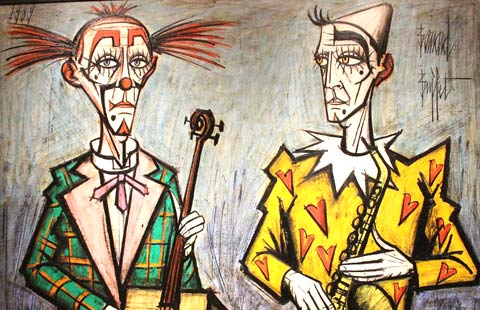


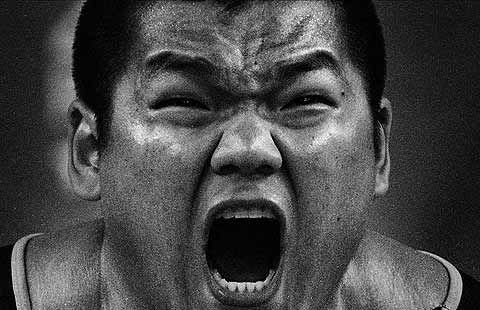
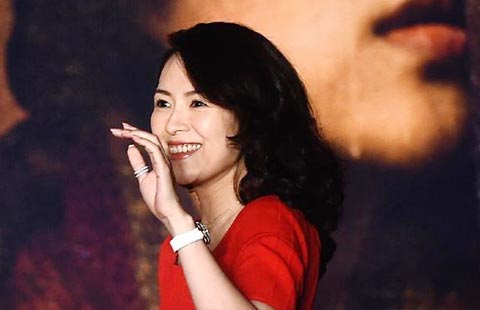

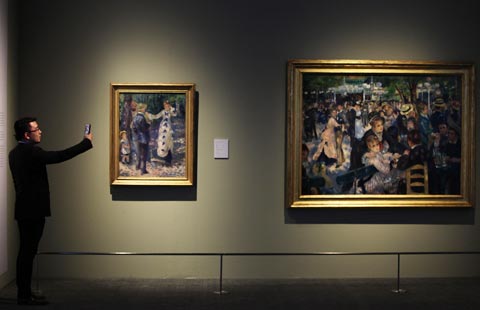














 Raymond Zhou:
Raymond Zhou: Pauline D Loh:
Pauline D Loh: Hot Pot
Hot Pot Eco China
Eco China China Dream
China Dream China Face
China Face

